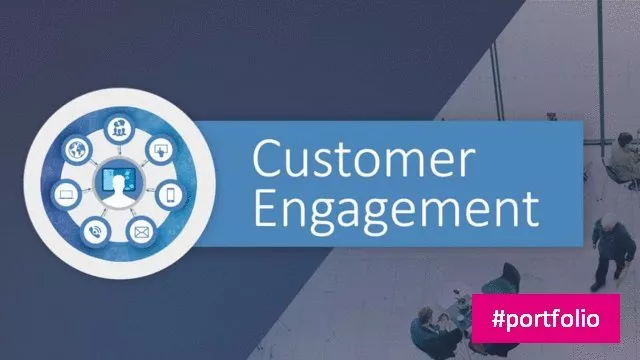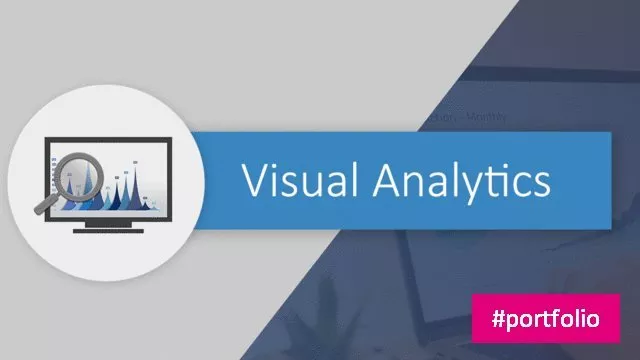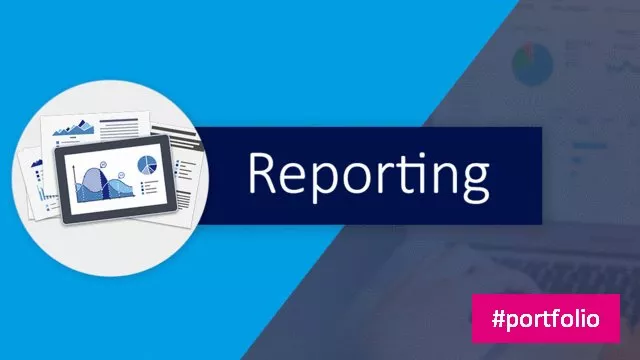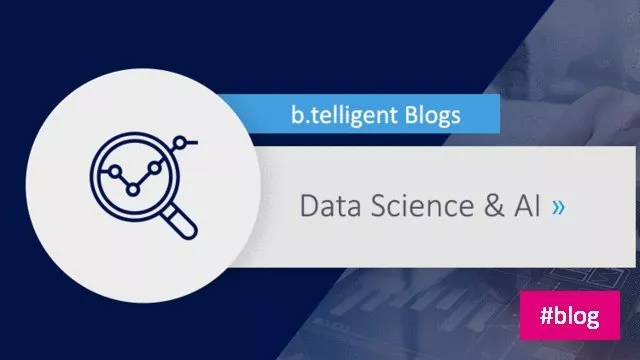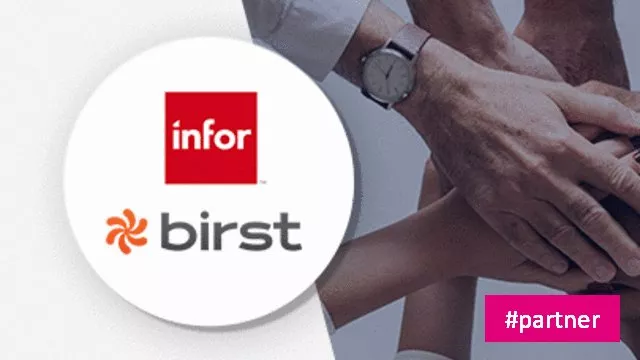Munich, June 1, 2017 - Today's small- and medium-sized companies are very busy trying to answer the question: what valuable data do we already have inside our company, what other data could we "collect", and how can we integrate or enhance this data in a meaningful way? In short, what data strategy can our company use to support and grow our business model?
"The digitization and use of data makes it possible for today's companies to measure all their business processes, to analyze them in detail, and to use this knowledge to improve them. Based on this insight, Sebastian Amtage, founder and Managing Director of b.telligent, the consulting company specializing in business intelligence, has developed and implemented a data strategy that has worked for many hundreds of customers since the company began in 2004.
The data culture demands new thinking at every level
For medium-sized companies, he suggests a time-saving approach with a proven record of success: "If you want to effectively establish a data culture in a company, you must establish it from the top," says Sebastian. "When you introduce these new processes, it usually requires staff at all levels result to revise their thinking. So you initially counter some resistance. But it is essential for a company itself to have the knowledge and the people if it wants to work effectively with data."
No experiments! Established standards help with team building
If I want to find a suitable data strategy, where should I start? Sebastian Amtage's answer to this question is based on years of experience: "Our advice is: no experiments! Make use of established standards. Checking and consolidating your existing data doesn't require the latest and greatest in data software. Stay away from the more complex tools on the market, which tend to be more specialist solutions. Look at the established providers of mass-market software. The benefit is that you will not have to waste time searching for specialists who know how to use these complex solutions – whether you are building an in-house team or recruiting external support."
The fight for data quality
"When they examine their data at the start of a BI rollout, there is a very good chance that companies are going to encounter the challenge of data quality. There are often no or hardly any team members who know how data-driven systems work. For many, the leap into the world of BI is huge. In such scenarios, a consultation with the staff is always a good idea. First, look at how things currently are, and then work together to draw up a roadmap for gradually increasing the BI maturity level. Project implementations that show results after just a few iterations are a good choice," says Sebastian Amtage, explaining b.telligent's consulting role. His conclusion: "The sooner you start a BI strategy, the sooner you will achieve satisfactory results from those business processes that give you a real competitive edge."



